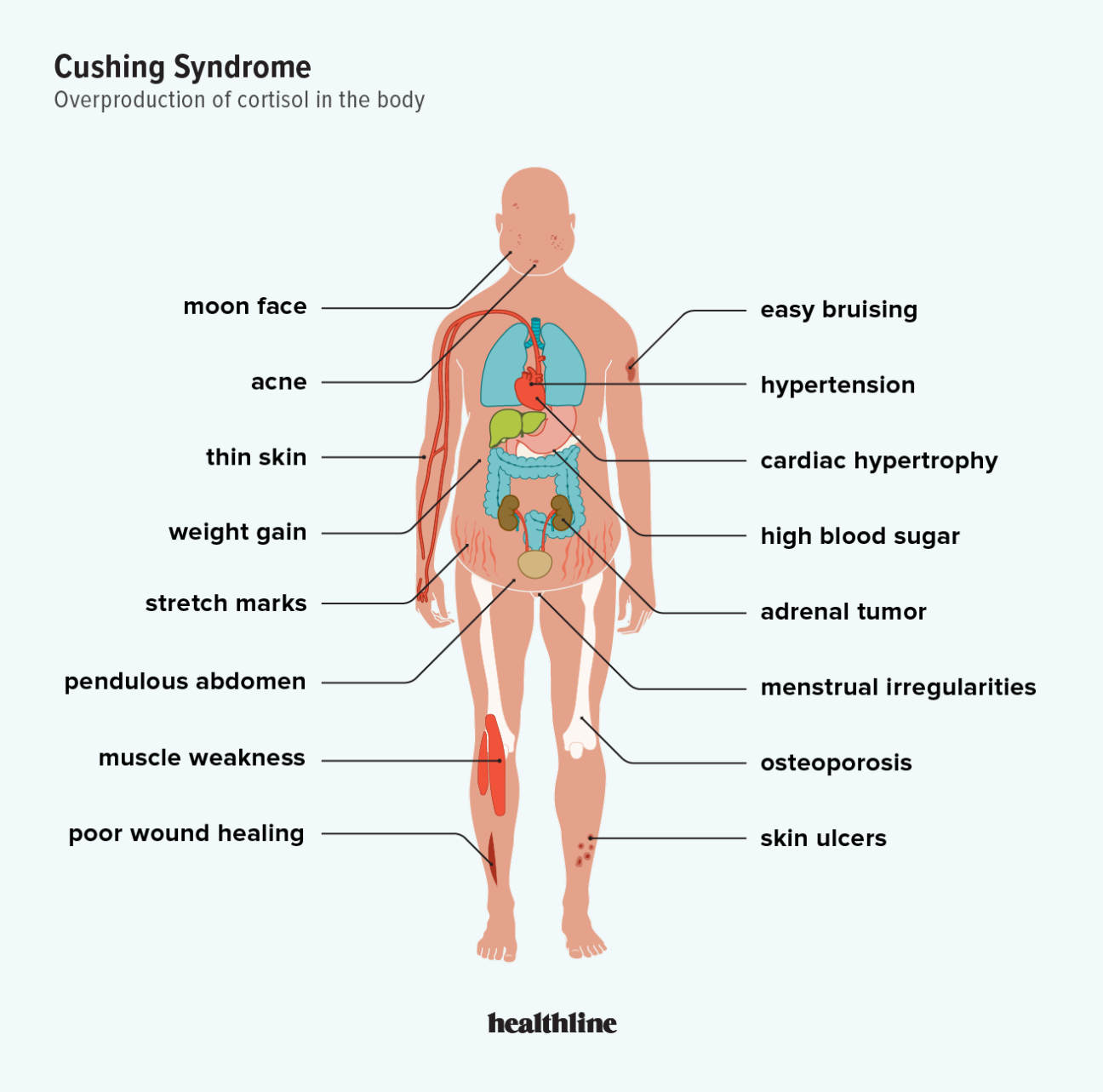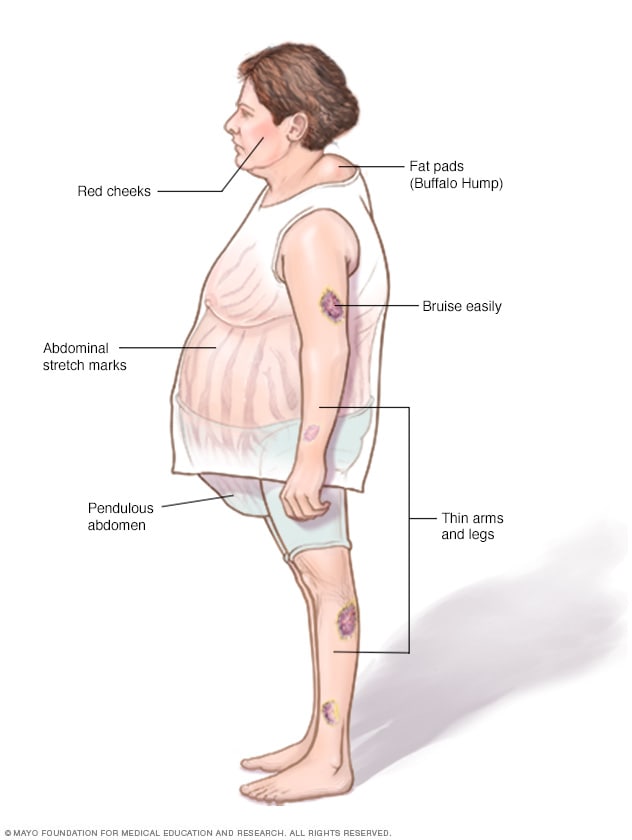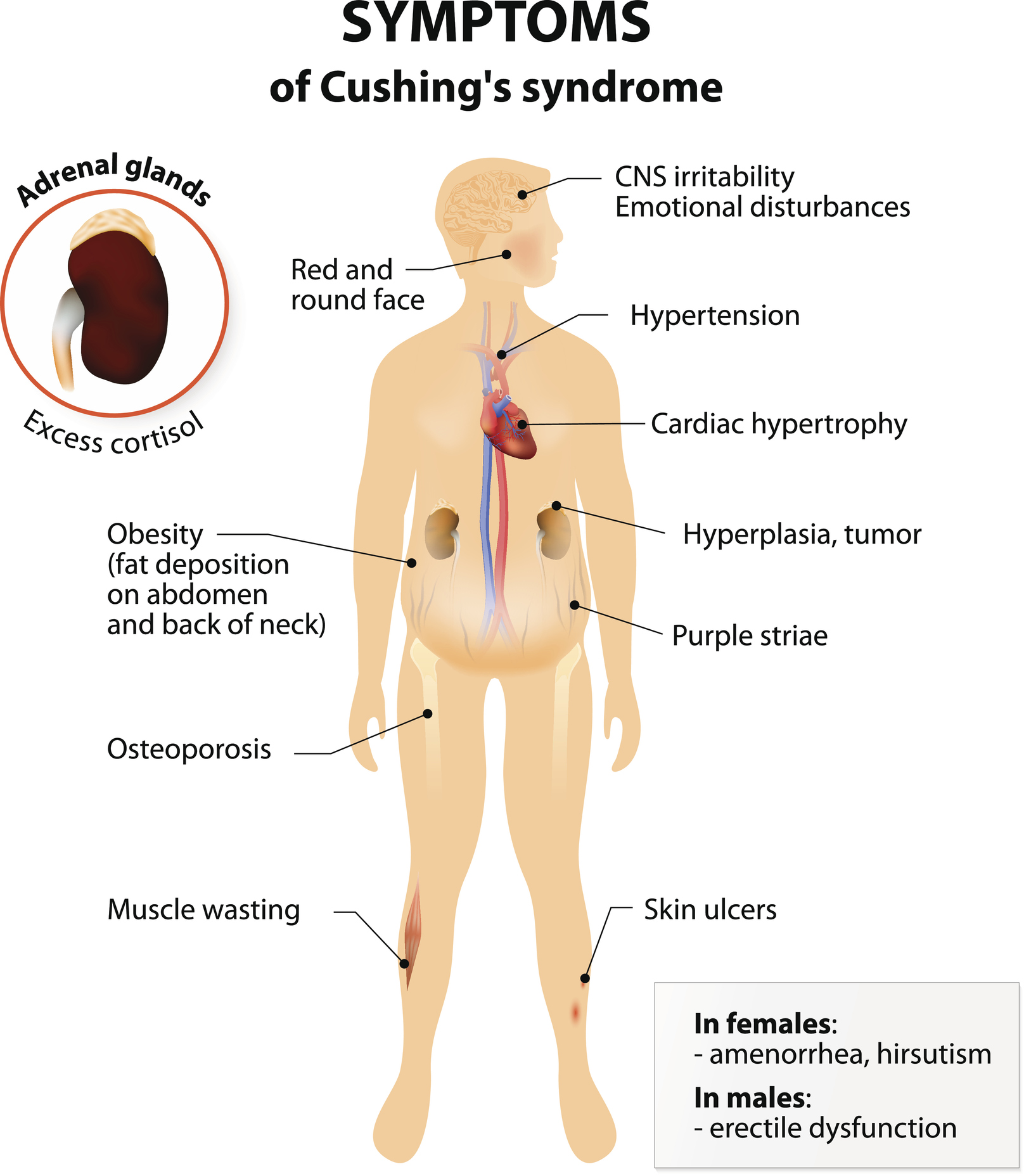Unmasking Cushing Syndrome in 2025: Breakthroughs, Symptoms, and Treatment Advances You Should Know

Image Source: post.healthline.com
Cushing syndrome, a rare but serious condition caused by prolonged high levels of cortisol, has been making headlines recently as awareness and research into the disease continue to grow. While it is often misunderstood, Cushing syndrome has become a focal point in the world of healthcare due to recent breakthroughs in treatment and diagnosis. In 2025, understanding the symptoms, risks, and treatment options for Cushing syndrome has never been more important, especially as new advancements offer hope to those affected.
What is Cushing Syndrome?
🎉 Guess what? We have an exciting surprise just for you! 🚀
Cushing syndrome occurs when the body is exposed to elevated levels of cortisol for extended periods. Cortisol, often referred to as the "stress hormone," is produced by the adrenal glands and plays a crucial role in managing stress, regulating metabolism, and controlling blood pressure. However, when cortisol is produced in excess, it can lead to a range of symptoms that affect multiple systems in the body.

Image Source: www.mayoclinic.org
Common symptoms of Cushing syndrome include weight gain, particularly around the abdomen and face, thinning skin, and muscle weakness. The condition can also lead to high blood pressure, diabetes, and osteoporosis. Due to its broad range of symptoms, Cushing syndrome is often misdiagnosed or mistaken for other conditions, which is why recent advances in understanding the syndrome have become crucial.
Recent Breakthroughs in Understanding and Diagnosing Cushing Syndrome
🏷️ Amazon's Hottest Deals - Don't Miss Out!⏳
In 2025, the medical community has made significant strides in diagnosing and understanding Cushing syndrome, thanks to advanced imaging techniques and more precise tests for measuring cortisol levels. New non-invasive diagnostic tools are helping doctors identify the condition earlier and more accurately. Additionally, researchers are focusing on the genetic and environmental factors that contribute to the development of Cushing syndrome, opening new avenues for preventive measures and early interventions.
One notable breakthrough comes from studies looking at the connection between cortisol and the immune system. Experts are beginning to understand how chronic high cortisol levels may contribute to autoimmune diseases and inflammation, leading to more targeted therapies for Cushing syndrome patients. This knowledge is reshaping how doctors approach treatment, making it more personalized and effective.
Personalities Raising Awareness: Amy Schumer and Cushing Syndrome
🎯 Grab Top Amazon Deals Before They're Gone!⏳

Image Source: www.ohsu.edu
Comments
Post a Comment